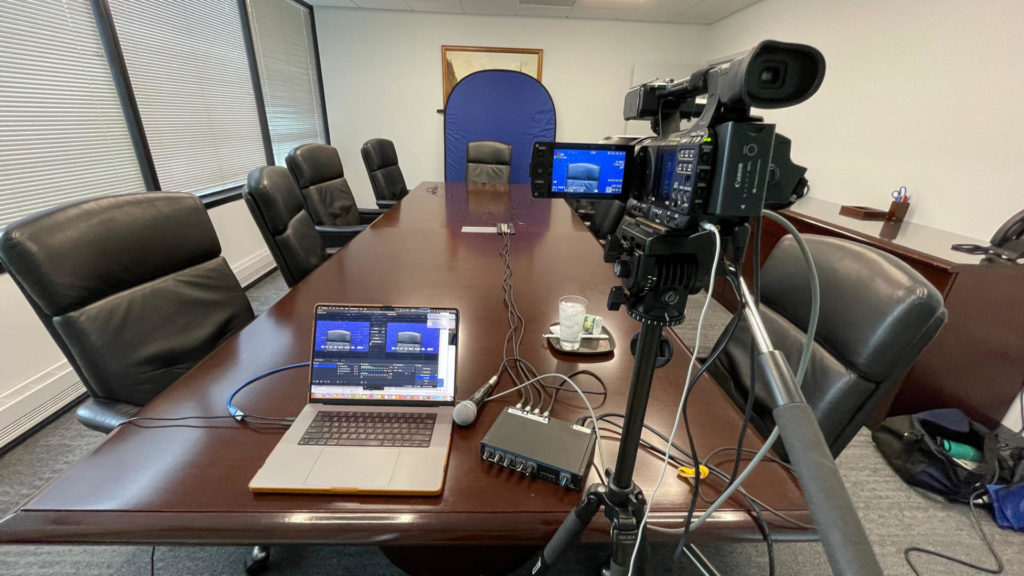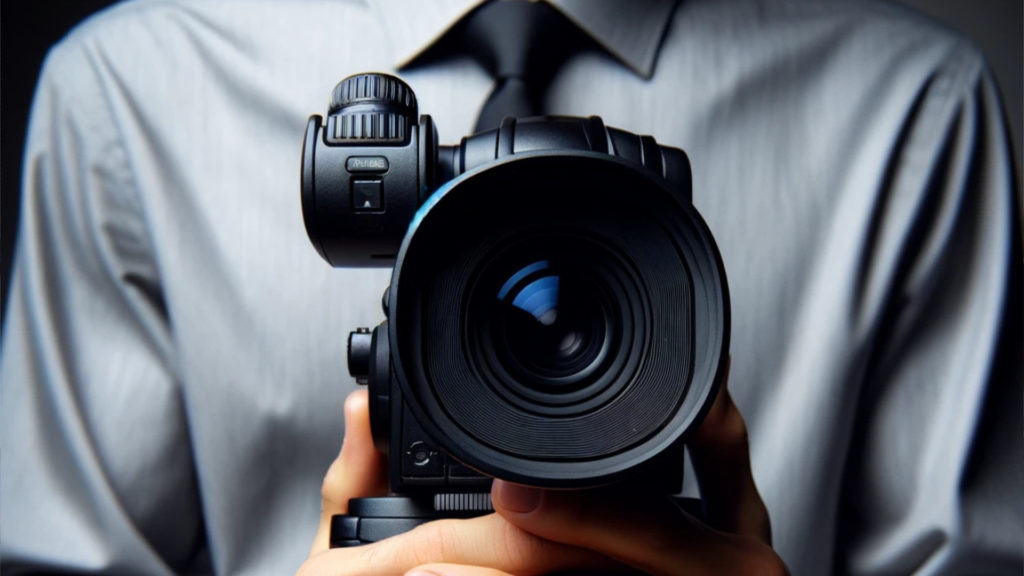How to Become a Certified Legal Videographer
What is a Legal Videographer?
A legal videographer, also known as a forensic videographer or courtroom videographer, is a professional responsible for creating video documentation of legal proceedings. This may include depositions, courtroom proceedings, accident site recreations, and more. The job requires technical expertise, an understanding of legal procedures, and adherence to strict ethical standards.
Why Become a Legal Videographer?
Legal videography is a growing field with opportunities for freelance work, contract jobs, or even full-time employment with law firms or video production companies. The demand for legal videographers has increased as video has become a critical tool in the legal process. Attorneys use video to document testimonies, provide visual evidence, and enhance courtroom presentations.
Steps to Becoming a Legal Videographer
1. Understand the Job Requirements
- Technical Skills: Proficiency in video recording equipment, editing software, and lighting techniques.
- Legal Knowledge: Familiarity with legal terminology, court procedures, and the importance of chain of custody for evidence.
- Communication Skills: Ability to work professionally with attorneys, witnesses, and court officials.
- Ethics: A strong understanding of confidentiality and impartiality in legal matters.
2. Educational Background
While a college degree is not mandatory, having a background in one of the following fields can be advantageous:
- Film and Video Production
- Legal Studies
- Communications
Some aspiring legal videographers pursue associate or bachelor’s degrees to strengthen their resumes, but practical training and certification often hold more weight in the field.
3. Get Certified
Certification is not legally required in all jurisdictions, but it is highly recommended as it demonstrates professionalism and competence. Certification programs are typically offered by industry organizations such as the American Guild of Court Videographers (AGCV) or National Court Reporters Association (NCRA).
Key Certifications:
- Certified Legal Video Specialist (CLVS) by NCRA
- Training Duration: Approximately 2–3 months, depending on the pace of the training.
- Steps:
- Pre-Workshop Learning: Complete an online or in-person orientation covering basic legal videography principles.
- Hands-On Workshop: Attend a live workshop (usually a 2-day event) where you’ll practice video techniques under expert guidance.
- Certification Exam: Pass a written exam and a practical skills test.
- Cost: $1,500–$2,000 (including training, workshop fees, and exam).
- Certified Deposition Video Specialist (CDVS) by AGCV
- Training Duration: 1–2 months.
- Steps:
- Complete an online course covering deposition-specific practices, legal ethics, and technical guidelines.
- Submit a recorded mock deposition for evaluation.
- Cost: $800–$1,200.
4. Invest in Equipment
To start working as a legal videographer, you’ll need professional-grade video and audio equipment. Key items include:
- High-definition video camera
- Tripod
- External microphones
- Digital audio recorder
- Lighting kit
- Video editing software (such as Adobe Premiere Pro or Final Cut Pro)
Expect to spend $5,000–$10,000 on equipment initially, depending on the quality and brand.
5. Gain Experience
Building a portfolio is essential. Start by:
- Volunteering for mock trials or pro bono work.
- Shadowing experienced legal videographers.
- Practicing with staged depositions or courtroom scenarios.
Freelance platforms, legal job boards, and networking events are excellent places to find entry-level opportunities.
6. Market Your Services
If you’re planning to work as a freelance legal videographer, branding yourself is critical. Here’s how:
- Create a Website: Showcase your portfolio and services.
- Network: Attend legal conferences, join videography associations, and connect with attorneys.
- Utilize Job Boards: Platforms like LawClerk, Upwork, and industry-specific sites can help you land projects.
7. Stay Updated
Legal videography is a dynamic field influenced by technological advances and legal standards. Stay current by:
- Attending industry workshops.
- Renewing certifications as required.
- Learning new video editing techniques and tools.
How Long Does It Take to Become a Legal Videographer?
The timeline to become a legal videographer depends on your prior experience and commitment to training:
- Entry-Level Individuals: 6–12 months (includes learning technical skills, completing certification, and building a portfolio).
- Experienced Videographers: 2–4 months (if you already have video production skills and only need certification).
Earnings and Career Outlook
Legal videographers typically earn:
- Freelancers: $50–$150 per hour, depending on location and experience.
- Full-Time Positions: $40,000–$70,000 annually.
The demand for legal videographers is expected to grow as legal proceedings increasingly rely on video documentation. Skills in trial presentation software, such as TrialDirector or OnCue, can further enhance your career prospects.
Final Thoughts
Becoming a legal videographer requires a combination of technical skills, legal knowledge, and professional certification. While it involves an upfront investment of time and money, the career offers flexibility, good earning potential, and the opportunity to work in a growing and impactful industry. With dedication and the right resources, you can establish yourself as a trusted professional in the legal field.
Depo Universe is happy to answer any questions for tips not mentioned here for becoming a certified legal videographer. Reach out here.


